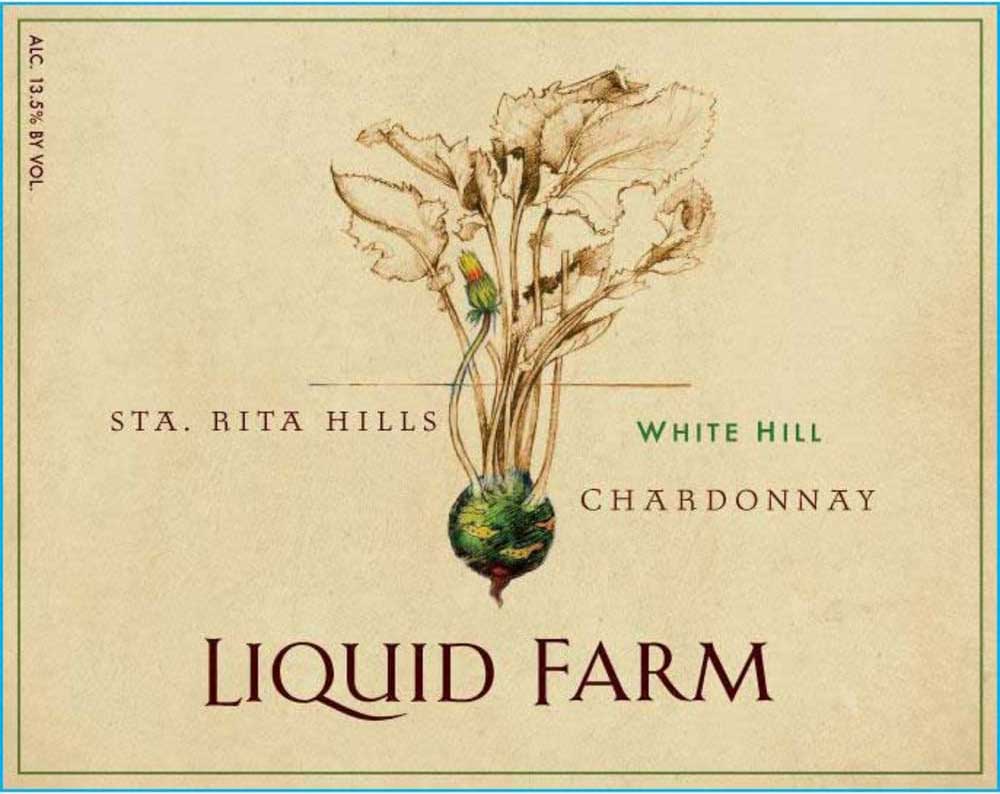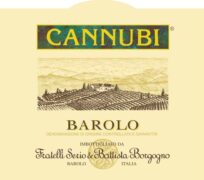White wine is used in many recipes, adding acidity and depth to dishes, especially in sauces and marinades. However, if you’re cooking without white wine due to dietary restrictions, preference, or simply because you don’t have any on hand, there are plenty of effective substitutes that can enhance your dish just as well.
Why Use a Substitute?
White wine provides acidity and a hint of sweetness, which helps to balance flavors in dishes like chicken piccata, risotto, and seafood pasta. When substituting white wine, it’s important to replicate these key characteristics to maintain the intended taste and texture of the dish.
Top Substitutes for White Wine
1. White Wine Vinegar: This is one of the closest matches to white wine. It offers the acidity needed in cooking but is more concentrated, so use half the amount of vinegar as you would white wine. To soften its sharpness, you can mix it with water.
2. Lemon Juice: Lemon juice is another excellent substitute due to its acidity. Use fresh lemon juice and dilute it with water to mimic the subtlety of white wine. This works well in seafood and chicken dishes.
3. Chicken or Vegetable Broth: For a non-acidic alternative, broth can replace white wine in savory dishes. It adds depth and richness without altering the fundamental flavors. Add a splash of lemon juice to enhance the acidity if needed.
4. Apple Cider Vinegar: Similar to white wine vinegar, apple cider vinegar adds acidity with a hint of sweetness. Use it in moderation and balance it with a bit of water to avoid overpowering the dish.
5. Grape Juice: For a non-alcoholic option, white grape juice can be used. It has a mild sweetness and acidity, though it lacks the complexity of wine. To counteract the sweetness, you might add a splash of vinegar or lemon juice.
Tips for Substituting
Depending on the substitute, you may need to adjust the quantities to achieve the desired flavor profile. If your substitute lacks acidity, add a small amount of vinegar or lemon juice. As with any substitution, taste your dish as you go to ensure it meets your flavor expectations.
Experimenting with these alternatives can help you achieve delicious results even without white wine. Whether you’re cooking for dietary reasons or simply running low on ingredients, these substitutes will keep your dishes flavorful and enjoyable.





















































